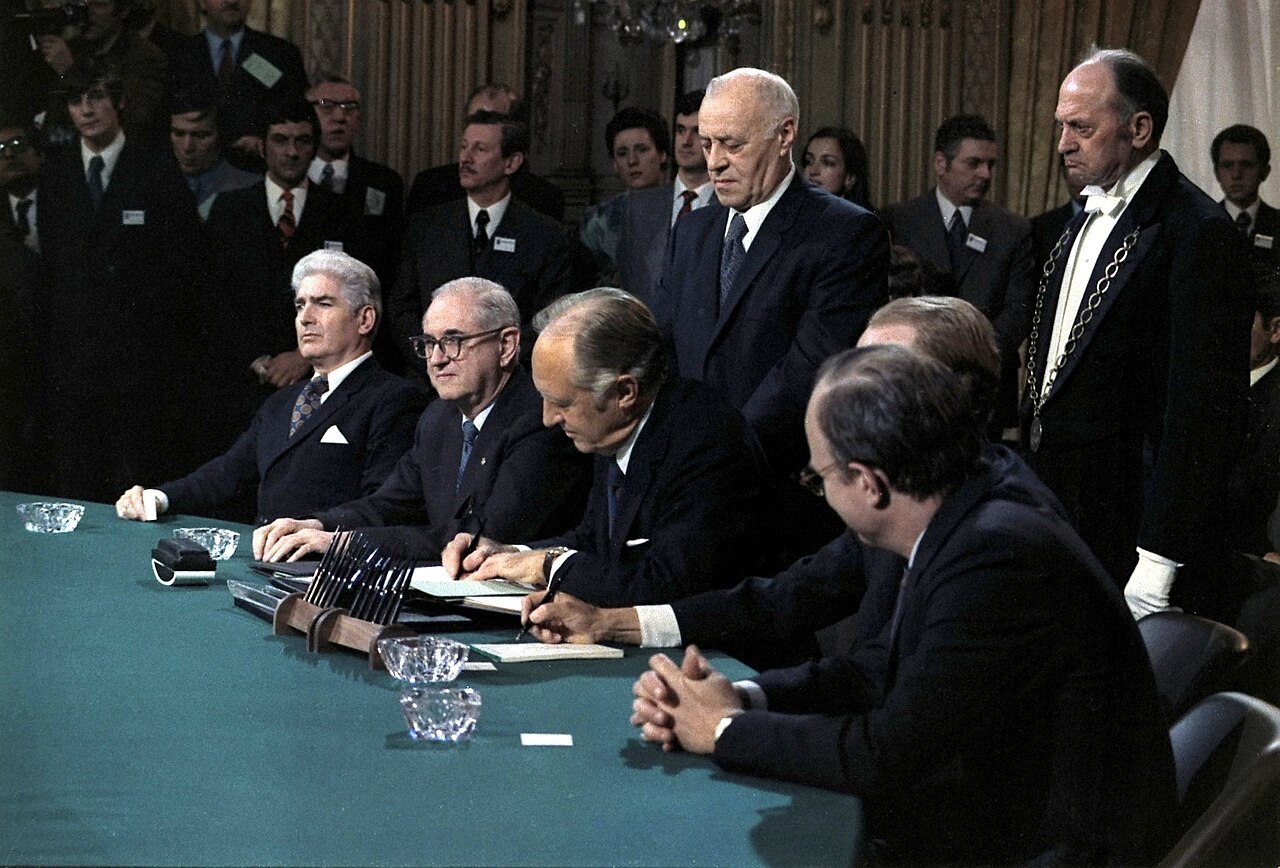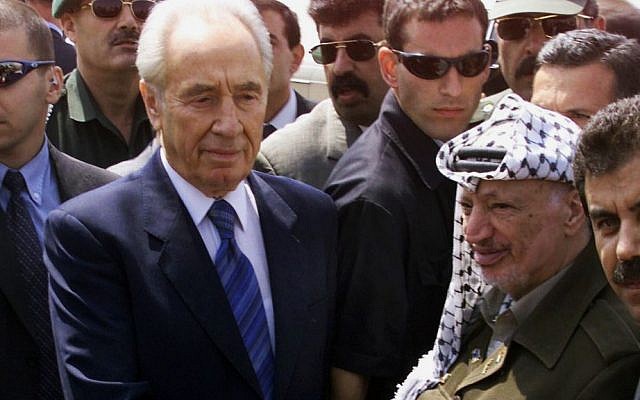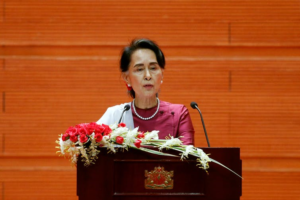The Burmese leader Aung San Suu Kyi used to be regarded as a kind of secular saint. Leader of the largest democratic political party in the country, she won the 1990 general election by a landslide. Instead of assuming power, however, she was placed under house arrest by Myanmar’s military junta. She remained under confinement for some 15 years, denied the right to visit her British husband Michael Aris on his deathbed at the end of the decade. Aung San Suu Kyi thus became one of the heroes of our time and, like another comparable figure, Nelson Mandela, a member of the select pantheon of Nobel Peace Prize winners.
But now as the Myanmar army burns and pillages its way across Rohingya villages, Aung San Suu Kyi’s silence has led to widespread anger and condemnation. Nearly three-quarters of a million of the Rohingya, a Muslim minority in a predominantly Buddhist land, have been forced from their homes, half of these in the last few weeks alone; some 3,000 of them have been killed while survivors seek refuge in neighboring Muslim Bangladesh. The army blames attacks by Rohingya militants for provoking this reprisal, but the vast and coordinated destruction is wildly disproportionate to the limited attacks by the insurgents that killed around a dozen Burmese security personnel in late August.
As the country’s de facto ruler, and wielder of vast moral authority, Aung San Suu Kyi could have urged a halt to these genocidal actions, but instead she has refused to condemn the army’s actions and done nothing to protect the Rohingya. Instead, her handpicked “information committee” condemns international coverage of the atrocities as “fake news,” words echoed by Aung San Suu Kyi herself. And rather than offering shelter or consolation to the Rohingya, she has described them as stateless foreigners, “illegal immigrants,” and Bengalis from Bangladesh.
The tarnishing of Aung San Suu Kyi’s image has cast a shadow over the Nobel Peace Prize. Already there are loud demands for her prize to be withdrawn, on the assumption that its moral authority will now be tarnished by association. But to understand the nature of the prize’s authority, it helps to first consider whether Aung San Suu Kyi’s situation is truly unprecedented. Have there been comparable issues with the Peace Prize in the past? Are there other recipients whose behavior has cast doubt on the prize’s moral standing?
The answers to these questions can’t absolve Aung San Suu Kyi for complicity in crimes against humanity. But they can shed light on why precisely she has inspired such feelings of betrayal.

Unlike its companion Nobel Prizes, which have generally, though not always, been free from controversy, the Peace Prize has frequently stirred up major rows. Perhaps the fundamental problem is that a prize that began as an award for international peacemaking has become a general good conduct medal — one that leaves a bad taste in the mouth when the recipients, either by their later conduct or by some of their previous deeds, turn out to have feet of clay.
Controversies surrounding the Peace Prize begin, indeed, with the founder himself. Alfred Nobel (1833-1896) was a Swedish chemist and businessman who in 1867 invented dynamite and went on eight years later to patent another explosive, gelignite, which became widely used by both armies and terrorists. He owned the arms company Bofors and many others.
Nobel was drawn to pacifism through a personal connection. For a short while he employed an Austrian countess, Bertha Kinsky, as his secretary, before she left to marry Baron Arthur von Suttner. Kinsky, now Baroness von Suttner, became famous as the author of a much-read pacifist tract, Lay Down Your Arms! (1889). She stayed in touch with Nobel and persuaded him to support her cause.
There was another incident that helped seal Nobel’s determination to change the way he was remembered. When his brother Ludvig died, in 1888, one newspaper mistook him for the more famous Alfred, and published an obituary under the headline: “The merchant of death is dead.” Mortified, Alfred, without telling his family, left his fortune to found the Nobel Prizes, which were and remain among the richest awards in the world. Perhaps he thought this would do something to atone for the massive carnage and destruction that his inventions had already caused by the time of his death in 1896.
At the time of Nobel’s foundation of the prizes, Norway and Sweden were still united under the same crown (they separated peacefully in 1905), so Nobel specified that the committees that awarded them should consist of a mixture of Swedes and Norwegians. While the scientific prizes were awarded in Sweden, the Peace Prize ceremony took place in Norway, and after the two countries separated in 1905, it has been a Norwegian committee that has awarded it, while the scientific prizes have been administered by the Swedes.
The Peace Prize, as stipulated in Nobel’s last will and testament, signed in 1895, was to be given each year to “the person who shall have done the most or the best work for fraternity between nations, for the abolition or reduction of standing armies and for the holding and promotion of peace congresses.” If the terms of the award seem rather quaint today, they were characteristic of international relations at the time, particularly in their reference to the abolition of standing armies, a longtime demand of liberals who wanted them replaced by a people’s militia, as had happened in a number of countries during the unsuccessful revolutions of 1848. Meanwhile, conferences to resolve disputes between rival nations were still common, and indeed in 1899 and 1907 two major congresses held at The Hague actually agreed on a set of rules limiting the destructive activities of armies in time of war.
Above all, the moment at which Nobel signed his will was a time of optimism. What he did not, and could not, know is that the arms race that was to play a major role in the outbreak of World War I in 1914 was just beginning, following a major expansion of the German army in 1893 — and that it was to be stimulated above all by arms manufacturers such as Nobel himself.

U.S. Secretary of State Henry Kissinger and Le Duc Tho, Hanoi’s chief negotiator, sit around a conference table during the signing of a peace agreement between the United States, North and South Vietnam, and the Provisional Revolutionary Government of the Republic of South Vietnam, on June 13, 1973, in Paris. Wikipedia
At first, the peace awards stuck fairly closely to Nobel’s stated rubric, going to a series of now-forgotten figures prominent in the international arbitration movement; Bertha von Suttner, perhaps inevitably, won the prize in 1905. The following year, the prize went to U.S. President Theodore Roosevelt for his part in drawing up the peace treaty that ended the Russo-Japanese War in 1905.
World War I put an end to the award for a few years, apart from 1917, when it went, collectively to the International Committee of the Red Cross. In 1919, the creation of the League of Nations, the forerunner of today’s United Nations, initiated a series of awards to individuals who played a part in its work, including U.S. President Woodrow Wilson, a key influence on its creation, as well as prominent figures in other peace organizations such as the Women’s International League for Peace and Freedom.
While this has made the Peace Prize, like its literature counterpart, something of a “lifetime achievement” award, particularly when it has been given to pacifist activists, the heaviest focus was on the leading negotiators of international treaties: professional diplomats and politicians carrying out complex, arduous, but also discreet acts of peacemaking.
This indeed caused the first really major controversy in the prize’s history. In 1973, U.S. Secretary of State Henry Kissinger was awarded the prize for his part in negotiating the Paris Peace Accords, which formally ended the Vietnam War, along with his Vietnamese counterpart Le Duc Tho.
But Tho declined the award, pointing out that the accords had not in fact brought the killing to an end; indeed, it continued for another two years until the final victory of the North Vietnamese. When it was clear that the fighting was far from over, Kissinger decided not to attend the ceremony and donated the prize money to charity. After the fall of Saigon in 1975, Kissinger tried to return the award, though this was not allowed by the rules of the Nobel Prizes.
Both Tho and Kissinger had blood on their hands — the Vietnamese recipient as leader of the violent Viet Minh insurgency against the French colonial rulers of Vietnam in the 1950s, the American as the architect of a bombing campaign against rebel supply lines in Cambodia that caused the loss of anything between 40,000 and 100,000 lives. Two members of the Nobel Committee resigned in protest, making the award the most controversial in the prize’s history up to that point.
After the end of World War II, however, the five-person Norwegian committee that decides on the recipient began to depart from the original guidelines. The award of the prize to individuals who had played a part in bringing civil wars and conflicts to an end was at least arguably within the spirit of the founder’s intentions, as with the architect of the end of the “Troubles” in Northern Ireland, David Trimble, or the man who recently put a stop to the long-running and violent insurgency in Colombia, Juan Manuel Santos. But soon the remit of the prize was being extended far beyond even this.
In 1952 it went to Albert Schweitzer, founder of the Lambarene Hospital in the African state of Gabon. However admirable this might have been, it was not a contribution to international peace. Already this change of direction was beginning to cause controversy, since later in life Schweitzer ran into heavy criticism for his patronizing and paternalistic attitude toward Africans, whom he sometimes compared to children.
The tacit inclusion of campaigners for human rights in the remit of the prize took it further away from Nobel’s intention: recipients such as Martin Luther King Jr., Albert Lutuli of the African National Congress in apartheid-era South Africa, the anti-apartheid activist Desmond Tutu, the Soviet scientist and democracy campaigner Andrei Sakharov, the Iranian democratic campaigner Shirin Ebadi, the nun and later Catholic saint Mother Teresa, the Chinese human rights advocate Liu Xiaobo, the Holocaust survivor Elie Wiesel, and the Polish labor leader Lech Walesa could hardly be said to have played a significant role in bringing about peace between nations.

Israeli Foreign Minister Shimon Peres and Palestinian President Yasser Arafat shake hands before their meeting at the Gaza international airport on September 26, 2001. The Times of Israel
By the late 20th century, the Prize had been transformed into a general international award for contributions to human progress and human rights. It has been awarded for “efforts to build up and disseminate greater knowledge about man-made climate change” (Al Gore and the Intergovernmental Panel on Climate Change, 2007), for “non-violent struggle for the safety of women and for women’s rights” (three recipients, 2011), for the “struggle against the suppression of children and young people and for the right of all children to education” (Kailash Satyarthi and Malala Yousafzai, 2014), for “efforts to create economic and social development from below” (Muhammad Yunus and Grameen Bank, 2006), and to a medical charity (Médecins Sans Frontières, 1999) for general contributions to humanitarianism.
In some instances the award has been designed as a criticism of dictatorial and repressive regimes, as with Aung San Suu Kyi herself in 1991, or the German pacifist Carl von Ossietzky as he languished in a Nazi prison in 1936, or advocates of racial equality like Desmond Tutu under the apartheid regime in South Africa. This has made controversy almost inevitable: few, surely, would disagree with the principle of international peace and reconciliation, but many would disagree with the principle on which some of the more recent awards have been given.
When the prize has been handed out to those who have worked for reconciliation between hostile nations, it has always been possible in effect for their domestic policies to be passed over in the interests of the larger principle, as with the Egyptian President Anwar Sadat and the Israeli Premier Menachem Begin in 1978. Whatever the terms on which it was concluded, and whatever the history of the individuals involved, the feeling was that the ending of a conflict that had seen three bloody wars between Israel and Egypt was worth the prize — sentiments that led to a second award in the field of Middle Eastern peace to Shimon Peres, Yitzhak Rabin, and Yasser Arafat in 1994.
But as the focus shifted to human rights, even awards of this kind were seen as potentially controversial political statements by the Nobel Committee. Arafat himself was condemned by many Israelis as an unrepentant promoter of terrorist attacks on their country, while Peres was excoriated by Palestinians for his failure to stop what they saw as the creeping ethnic cleansing of Jerusalem through the unrestricted proliferation of Jewish settlements in the territories illegally occupied by Israel in 1967. Moreover, the peace settlement rapidly came unstuck, leaving the situation more fraught with tension than ever.
As with the 1994 decision, the award of a Peace Prize can quickly be made to look premature, or ill-advised, by political developments that occur after the award has been given. Of course, even noble failure can deserve recognition, especially since the prize is awarded without the benefit of hindsight. The Peace Prize often represents an up-to-the-minute reaction to a situation currently in the news. Its instantaneous character renders it a hostage to fortune.
Aung San Suu Kyi’s 1991 Peace Prize was not awarded for any kind of activity in the sphere of international relations but “for her non-violent struggle for democracy and human rights,” a citation rather similar to that of another Asian recipient, the Dalai Lama. Like Carl von Ossietzky, she was deprived of her freedom at the time of the award. In both these cases, the prize had a material role in improving the conditions under which the recipient was forced to live, and in Aung San Suu Kyi’s case it marked the start of her long road back into democratic politics.
That makes the Burmese leader’s case unique, then, in the sense that it is the very thing for which the prize was given — the struggle for human rights — that she is now violating by turning a blind eye to the brutal suppression of those rights by agents of the government she heads. And as hundreds of thousands of refugees, their homes burned and their livelihoods destroyed, stream across the border into Bangladesh, another layer of irony stems from the fact that some prior awards were made in recognition of work carried out for refugees, as with Fridtjof Nansen in 1922, or the Office of the United Nations High Commissioner for Refugees in 1954 and 1981.

A view of the atmosphere at the Nobel Prize Awards Ceremony at Concert Hall on December 10, 2014 in Stockholm, Sweden. Nobelprize.org
Without the transformation of the prize from its original goals of international peacemaking into a general award for the sustaining or campaigning for human rights, Aung San Suu Kyi’s would never have run into so much trouble — but then, she would never have been awarded the prize in the first place, either.
No Nobel Prize has ever been rescinded, and, critically, there is no mechanism for the Nobel Prize Committees to do so. Other prizegiving bodies have proven similarly reluctant to strip past winners of their awards, even when their misdeeds are directly related to them; Walter Duranty’s Pulitzer Prize, awarded in 1932 for his blandly enthusiastic coverage of life in the Soviet Union, still stands despite his deliberate covering-up of the Ukrainian famine in his reports.
Still, perhaps the committees could look for inspiration elsewhere. In the United Kingdom, there have been a number of instances over the years of the “debasement” of knighthoods; they have included the Surveyor of the Queen’s Pictures Sir Anthony Blunt, whose title was formally taken away in 1979 when he was publicly revealed to have been a Soviet spy during World War II, or Norway’s own Vidkun Quisling, who was stripped of his title as commander of the most excellent order of the British Empire after 1940 for the collaboration with the Nazi occupiers of the country that made his name a byword for treason.
The withdrawal of an honor can sometimes seem cynically opportunistic, as in the revocation of British and Danish honors awarded some time before to the Romanian dictator Nicolae Ceausescu just hours before he was shot — not because anything had changed about the Romanian dictator’s record, but because he had clearly lost power and the British and Danish government wanted to curry favor with his likely successors.
Yet the revocation of honors can also serve an important symbolic function. When Sir Fred Goodwin, once chief executive of the Royal Bank of Scotland, was stripped of his title in 2012, it powerfully expressed the moral disgust of British society at his role in the 2008 banking crisis — as well as the desire of the government, and the political elite more generally, to disassociate itself from the men the public held responsible for bringing it about.
It is surely time for the Nobel Committee to revise its rules and procedures to take account of the changing nature of the Peace Prize. If the tradition-soaked institution of the British monarchy can take away awards from the unworthy, the progressive burghers of Norway can surely manage the same trick.
The article appeared in the Foreign Policy Magazine on 2/10/2017

